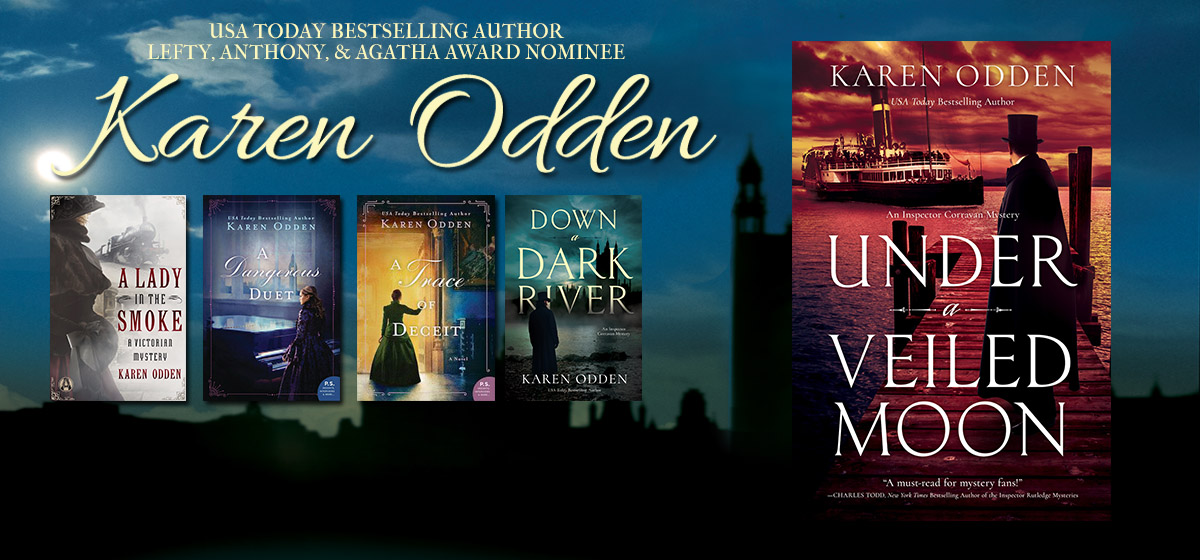 What strikes me about the openings of books–particularly historical fiction, I think–is how in just a few lines, they often gesture to the large themes or to the turning points of novels. These openings are from some of my favorites.
What strikes me about the openings of books–particularly historical fiction, I think–is how in just a few lines, they often gesture to the large themes or to the turning points of novels. These openings are from some of my favorites.
Can you match these 10 openings from 10 historical novels? It’s like name that tune. Only more fun!
The Year of Wonders by Geraldine Brooks
Washington Black by Esi Edugyan
The True History of the Kelly Gang by Peter Carey
Gone with the Wind by Margaret Mitchell
The Last Town on Earth by Thomas Mullen
The Scarlet Pimpernel by Baroness Orczy
Atonement by Ian McEwan
White Teeth, by Zadie Smith
The Tenderness of Wolves by Stef Penney
The Lacuna by Barbara Kingsolver
(1) The play—for which Briony had designed the posters, programs, and tickets, constructed the sales booth out of a folding screen tipped on its side, and lined the collection box in red crepe paper—was written by her in a two-day tempest of composition, causing her to miss a breakfast and a lunch.
(2) A surging, seething, murmuring crowd of beings that are human only in name, for to the eye and ear they seem naught but savage creatures, animated by vile passions and by the lust of vengeance and of hate.
(3) I lost my own father at 12 yr. of age and know what it is to be raised on lies and silences my dear daughter you are presently too young to understand a world I write but this history is for you and will contain no single lie may I burn in Hell if I speak false.
(4) Early in the morning, late in the century, Cricklewood Broadway. At 0627 hours on January 1, 1975, Alfred Archibald Jones was dressed in corduroy and sat in a fume-filled Cavalier Musketeer Estate facedown on the steering wheel, hoping the judgement would not be too heavy upon him.
(5) [The heroine] was not beautiful, but men seldom realized it when caught by her charm as the Tartleton twins were.
(6) The last time I saw Laurent Jammet, he was in Scott’s store with a dead wolf over his shoulder.
(7) I might have been ten, eleven years old–I cannot say for certain–when my first master died.
(8) In the beginning were the howlers. They always commenced their bellowing in the first hour of dawn, just as the hem of the sky began to whiten.
(9) I used to love this season. The wood stacked by the door, the tang of its sap still speaking of forest. The hay made, all golden in the low afternoon light. The rumble of apples tumbling into the cellar bins. Smells and sights and sounds that said this year would be all right: there’d be food and warmth for the babies by the time the snows came.
(10) The sun poked out briefly, evidence of a universe above them, of watchful things—planets and stars and vast galaxies of infinite knowledge—and just as suddenly it retreated behind the clouds. The doctor passed only two other autos during the fifteen-minute drive, saw but a lone pedestrian even though it was noon on Sunday, a time when people normally would be returning home from church, visiting with friends and family. The flu had been in Timber Falls for three weeks now, by the doctor’s best estimation, and nearly all traffic on the streets had vanished.

 I love best the historical novels that have the feel of the real, and often they describe or represent the objects of daily life, mundane to the characters but unfamiliar to us. A few weeks ago my friend Wendy, who is madly talented at hunting up curious things in thrift stores, gave me this piece of crockery. (The pen is for scale.) She wasn’t sure what it was, she said, but with the brush of gold, and the maker’s mark (“F. Winkle & Co. Byron England”) on the inside, it looked like it came straight out of my book, set in Victorian England, so she wanted me to have it. Maybe it was a serving dish, meant for soup or a stew, she ventured. That night my mother-in-law walked in to my kitchen, saw it on the counter, and gasped: “My! What a beautiful chamber pot!”
I love best the historical novels that have the feel of the real, and often they describe or represent the objects of daily life, mundane to the characters but unfamiliar to us. A few weeks ago my friend Wendy, who is madly talented at hunting up curious things in thrift stores, gave me this piece of crockery. (The pen is for scale.) She wasn’t sure what it was, she said, but with the brush of gold, and the maker’s mark (“F. Winkle & Co. Byron England”) on the inside, it looked like it came straight out of my book, set in Victorian England, so she wanted me to have it. Maybe it was a serving dish, meant for soup or a stew, she ventured. That night my mother-in-law walked in to my kitchen, saw it on the counter, and gasped: “My! What a beautiful chamber pot!”